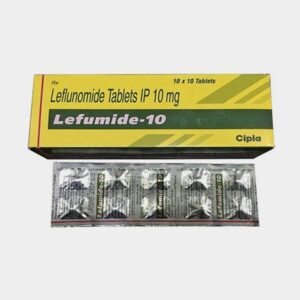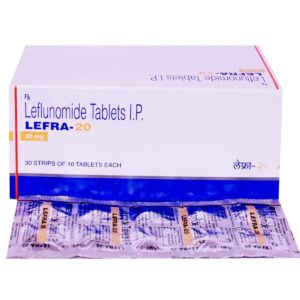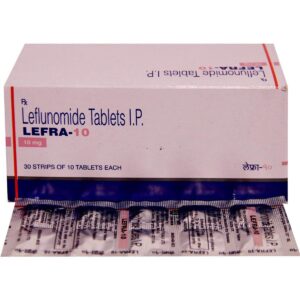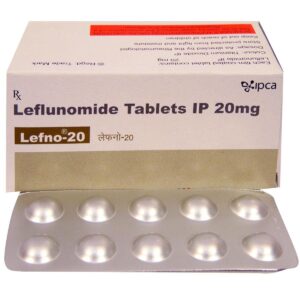DMARD
Disease Modifying Anti-Rheumatic Drugs (DMARDs) are a class of medications used to treat chronic inflammatory conditions, such as rheumatoid arthritis, psoriatic arthritis, and lupus. These drugs work by suppressing the overactive immune system and reducing inflammation, thus slowing the progression of the disease and minimizing joint damage.
DMARDs can be broadly categorized into two types: conventional synthetic DMARDs (csDMARDs) and biologic DMARDs. CsDMARDs, such as methotrexate and sulfasalazine, are the first-line treatment for many inflammatory conditions. Biologic DMARDs, like adalimumab and etanercept, are derived from living cells and target specific parts of the immune system.
These medications are usually prescribed by rheumatologists and require careful monitoring due to potential side effects, which may include increased risk of infections and liver toxicity. However, for many patients, DMARDs have proven to be highly effective in reducing pain, inflammation, and improving quality of life.
It’s essential to consult with a healthcare professional to determine the most suitable DMARD treatment option based on an individual’s specific condition and medical history.






